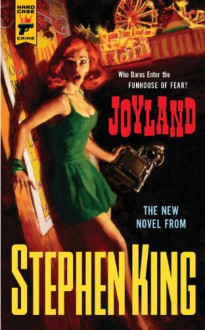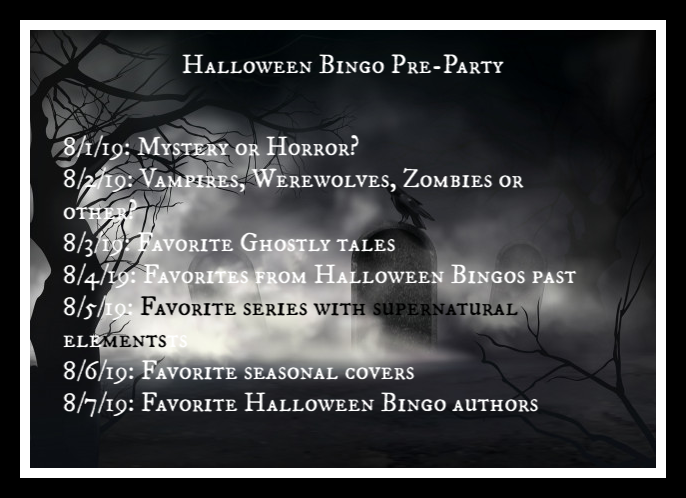There is something wonderful about an Angela Carter novel. A certain charm. A feeling of a warm blanket that you pull over yourself and then the cat jumps on it and sticks her claws into your leg.
That sort of feeling.
Wise Children is Carter’s last novel and is a love song and dance to the theater and Shakespeare.
Many of the plot devices that Carter uses are adapted from Shakespeare, for instance the constant use of twins. There are so many twins (or are there?) in this novel.
For you must remember Puck from Dream. In part, the novel does have a dream like quality. As Dora and Nora move throughout their lives, chronicling the change in taste in stage and the rise of Hollywood and the game show, they also chronicle the changes in British society as the family develops, shifts, and changes.
What really compels the book is Dora’s voice. Carter’s narrative use of the voice propels both the book and the reader forward. She is totally unedited and unrepentant. She is a bawd. She is a Moll Flanders. She is a woman Shakespeare could have created.
On my older review of this book (below), I wondered why it hadn’t been made into a movie. Well, it still hasn’t been made into a movie, but there is a stage version.
Actually, I really want to see Glenda Jackson do this book. She would be wonderful.
There are so many layers to this novel. Immigrant, class, war, peace, and above all the conceits of acting, Shakespeare, and the theatre.
OLDER REVIEW
The first book I ever read by Angela Carter was
The Bloody Chamber, which I read because
Ellen Datlow &Terri Windling listed it as one of the most read fairy tale based books. (As an aside, I discovered a great many writers and books much sooner than I would've thanks to D&W. Thanks ladies, from the bottom of my heart).
While I love
Chamber in particular the title story, I now think that my favorite Carter work is this book.
What really makes this book is the narrator Dora Chance. A crusty, at times foul mouthed, old dame, she is one of those characters who could quite easily step off the page. (And why this book hasn't been made into a movie, I don't know. Dame Judi Dench could be the twins in their later in life years). It truly does feel that Dora is right next to you, in one of those smoky English pubs that no longer really exists because of the smoking ban, have a gin with you, telling you the whole sordid, messy, humorous story.
Dora and her twin sister, Nora, are the illegitimate daughter of an acting scion. They are never, truly acknowledged by their father, but by their uncle Perry and, strangely, their father's wife, 'Wheelchair' aka Lady A. What Dora unfolds for the reader is the family story, worthy of any soapy soap opera. She does so in a unapolgetic, unrepenent tone. This was the way it was, if you don't like it; hoof it style of speaking.
It has wonderful lines like, "Saskia . . . unique amongst mammals, a cold-blooded cow" or "Comedy is tragedy that happens to
other people". And I now do wonder about Mrs. Lear.
There is much of Ellen Terry and her crowd in the characters, much of the bardioloatry that took hold of the world. Carter mocks all of this, gently.
A wonderful funny book.


 Log in with Facebook
Log in with Facebook 



















